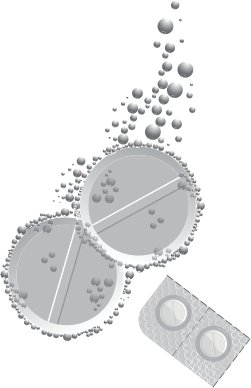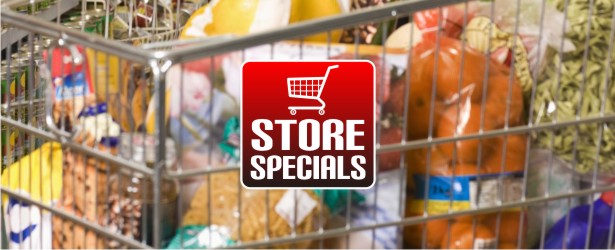

By Stephanie Simons,
Head Pharmacist,
Lindo’s Pharmacy in Devonshire
Tis the season to be jolly! For some this means stockings full of gifts, for others it means carolling, and – let’s be honest – for most of us it means indulging in our favourite tipple. And while there’s nothing wrong with enjoying a few festive drinks, it’s important that we’re careful not to damage our health in the process.
Alcohol can be enjoyed safely in small amounts, but when the drinks start to add up, it takes its toll on our bodies. Everyone tolerates different levels of alcohol – we all have that friend who seems to drink the bar dry and get up bright-eyed the next morning nonetheless. However, consuming more than four units, (such as two beers or glasses of wine) in one sitting is enough to trigger problematic symptoms in most people.
When you start drinking alcohol, it begins to affect the part of your brain associated with judgement and decisions, while also impairing your reaction time and coordination. These symptoms worsen the more you drink, impairing your speech and making you light headed and dizzy. After ten units, you are at risk of alcohol poisoning, which can result in confusion, vomiting, seizures, diarrhoea and, in some cases, unconsciousness.
This level of alcohol not only makes you vulnerable to accidents, but also significantly disrupts your sleep, leaving you in a far-from-festive state the next day. As your liver tries to expel the alcohol from your body as soon as possible, you become dehydrated, often leading to headaches, muscle cramps and nausea.
There are, however, ways to avoid the dreaded hangover. Eating carbohydrates such as rice or pasta beforehand can slow your body’s absorption of alcohol. Fight the dehydration too by drinking a non-carbonated soft drink between each alcoholic beverage, and drinking at least a pint of water before bed.

If you do overindulge (it happens to the best of us) there are remedies available to help you feel human again. Mild painkillers such as Tylenol or Panadol or Advil can combat your headache, while antacids like Tums or Alka-Seltzer or Pepcid will help settle your stomach. Be careful to follow the package directions on the pain relievers – too much Tylenol can be harmful to the liver which has already been stressed by too much alcohol and the Advil can cause stomach upset if taken without food. Rehydrate as much as you can with water, soda water or, if you’re experiencing vomiting or diarrhoea, it may help to take a rehydration tablet like Nuun or sachet like DIoralyte. If you’re partial to a drink or two, make sure to stock up on some of these remedies before the celebrations kick off – just in case!
So when does drinking become a problem? It’s very easy to turn to alcohol during the holidays when emotions are running high. However, while the initial effects may make you feel good, alcohol is actually a depressant that disrupts the balance of chemicals and process in the brain and influences our moods and emotions. This can cause sadness, confusion and often aggression – not feelings we want to crop up at the Christmas party!
If you’re worried that you or someone you know may be abusing or becoming dependent on alcohol, it’s important to seek help as soon as you can. Signs range from irritability and mood swings to problems at work or in personal relationships. Your pharmacist or GP will be happy to offer advice on any alcohol problem, big or small, and help you take the first steps towards recovery. The festive season can be stressful and it’s important to be kind to yourself – and your body. Raise a glass by all means, but be aware of your own limits in order to have a happy holiday season this year.
Stephanie Simons is the head pharmacist at Lindo’s Pharmacy in Devonshire. She earned her Bachelor of Science in Pharmacy at Massachusetts College of Pharmacy and has been practicing for over 20 years. She is a registered pharmacist with the Bermuda Pharmacy Council and is a member of the Bermuda Pharmaceutical Association.


